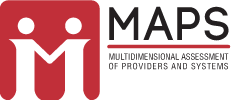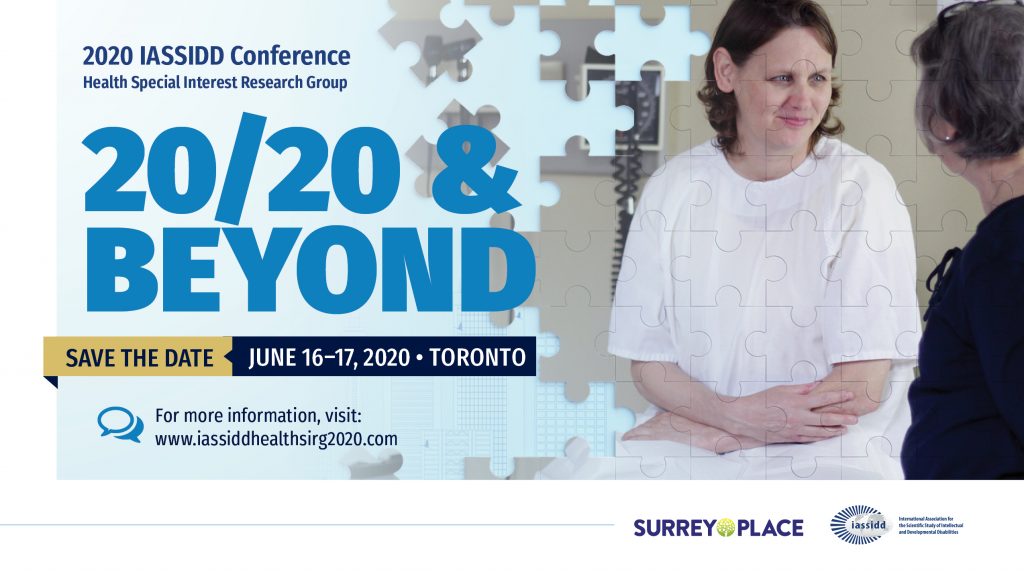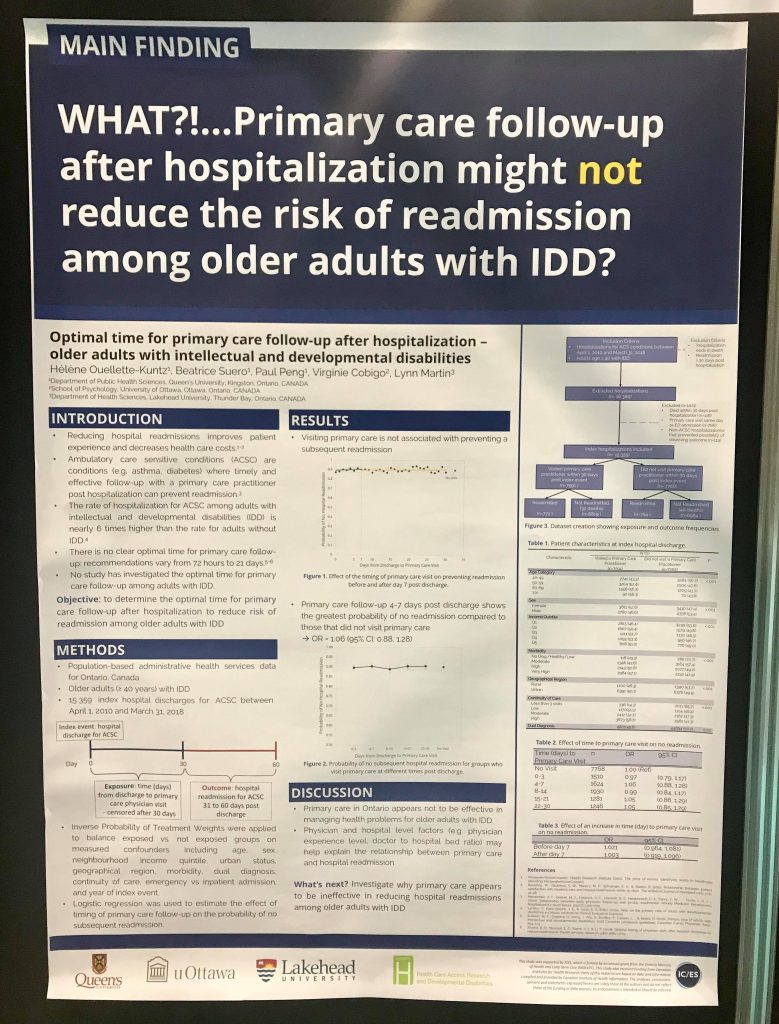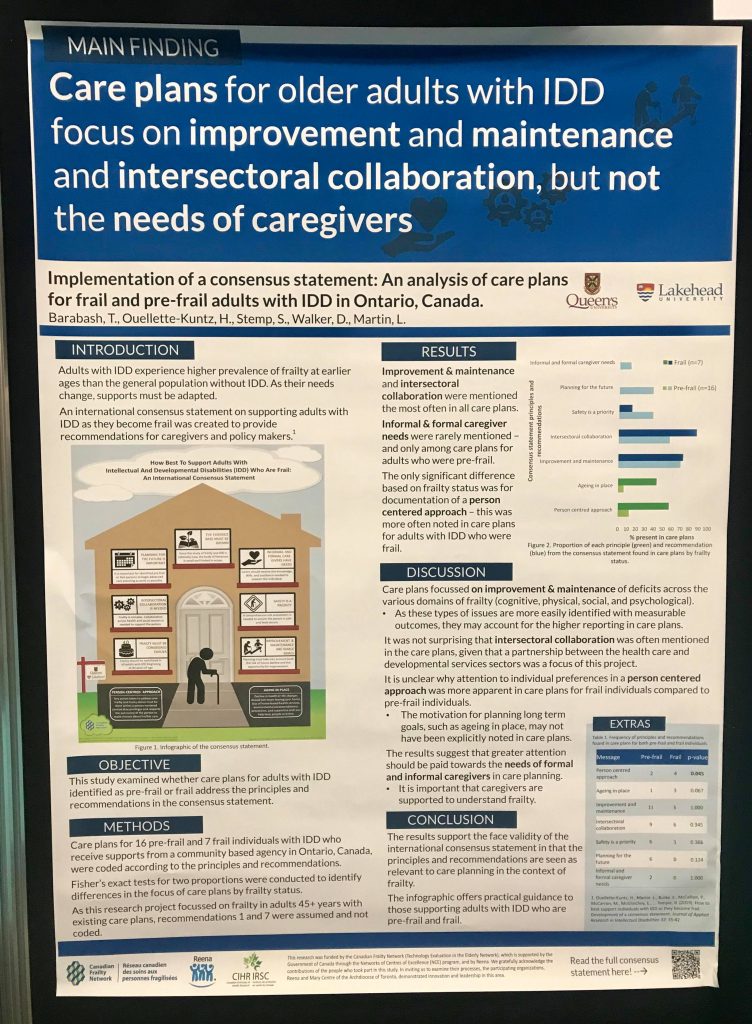Dr. Cobigo- Inclusive Research, Exemplary Research: Inspiring Stories Competition
Congratulations to Dr. Virginie Cobigo, who won the Inclusive Research, Exemplary Research: Inspiring Stories Competition organized by the Office of the Vice-President at the University of Ottawa.
Read more here: https://bit.ly/inclusive_research



